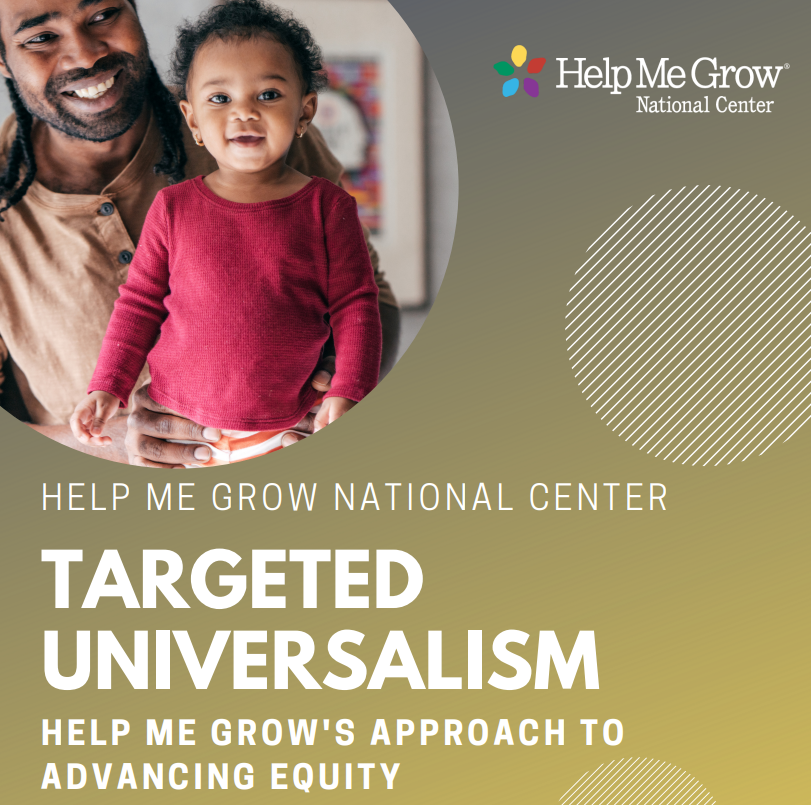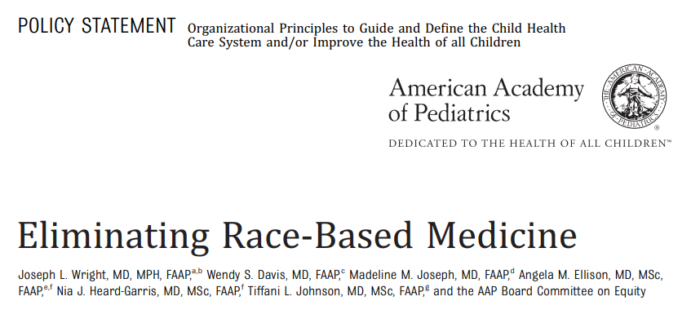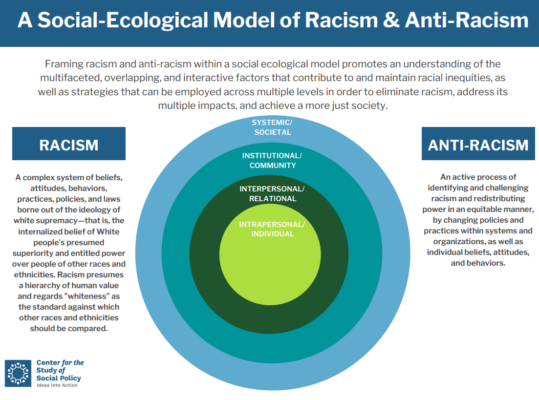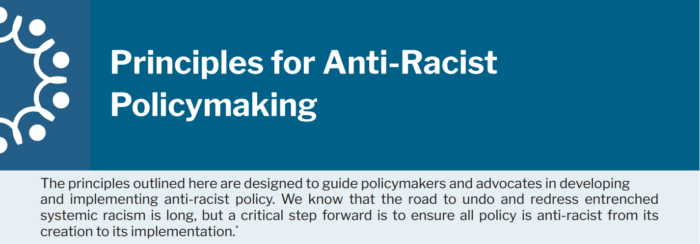Targeted Universalism: Help Me Grow’s Approach to Advancing Equity

The early childhood and system-building fields are familiar with universal policies or programs, which provide the same intervention or solution for a given population regardless of the variation, diversity, and distinctiveness that exists within that population, such as public education. These fields are also experienced in the design and implementation of targeted solutions that provide an intervention to a specific group based on set criteria, such as the Supplemental Nutrition Assistance Program (SNAP) that supports families with low incomes in getting food they need.
The concept of targeted universalism, introduced by john a. powell, director of the Othering & Belonging Institute at the University of California, Berkeley, offers an opportunity to integrate and leverage universal policies or practices that treat everyone equally, as well as targeted policies or practices that are distinctly effective but will not reach everyone. Targeted universalism provides early childhood development system builders with a framework for setting ambitious universal goals and pursuing those goals through community-specific, targeted strategies.
Targeted universalism defines a common societal goal, such as “families with young children have the resources they want, when they want them.” However, instead of creating a singular strategy, intervention, or policy to achieve this goal, targeted universalism recognizes that different populations must be recognized and may need to be treated uniquely in order to achieve this common goal. Targeted universalism suggests that everyone in society deserves a given aspiration but recognizes that individuals are positioned differently in relationship to that aspiration and, therefore, tailored approaches must be implemented to ensure that all are able to reach it.
The Help Me Grow Model employs targeted universalism to pursue equity for families with young children, as it provides communities and states the infrastructure to pursue universal outcomes for families with young children through the implementation of targeted strategies that are appropriate and unique to each community in which Help Me Grow exists.
Five Steps in a Targeted Universalism Framework
- Define a universal goal.
- Measure the overall population.
- Measure a segment of the population.
- Understand group-based factors.
- Implement targeted strategies.






